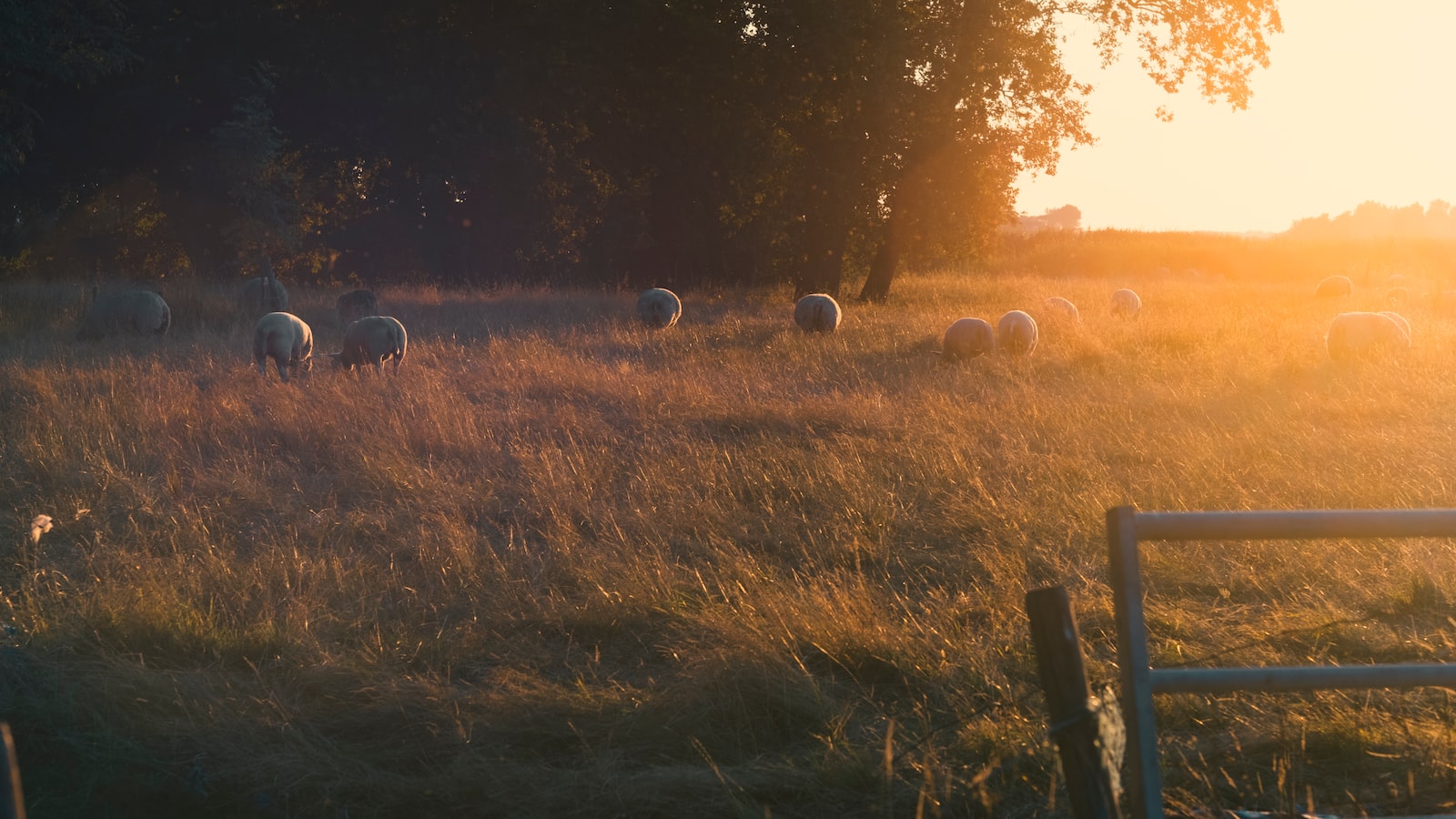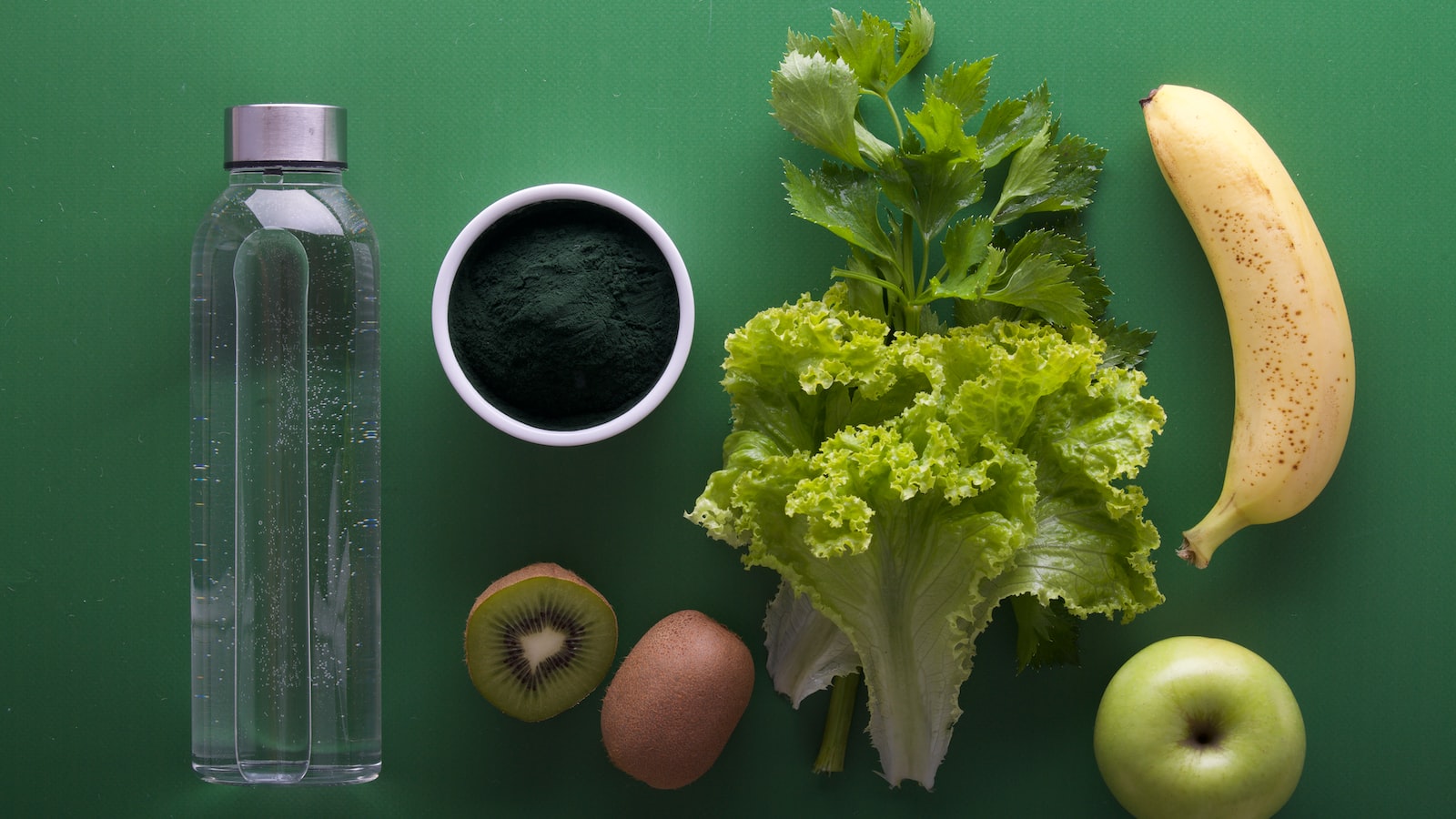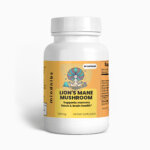
“From Farm to Cup: The Journey of Organic Coffee Beans”
Coffee lovers all around the world are increasingly conscious about the impact that their favorite beverage has on the environment and the communities that produce it. Organic coffee has emerged as a solution that offers an eco-friendly and socially responsible alternative to traditional coffee cultivation. From Farm to Cup: The Journey of Organic Coffee Beans explores the journey of these special beans, from their cultivation in the farms to their ultimate destination in our cups. As you read on, you’ll learn why organic coffee is gaining in popularity, how it is produced, and the benefits it brings to society and the environment. Join us on this journey to discover the world of organic coffee and learn why it’s worth making the switch.
1. Introduction: Why Organic Coffee Beans are the Best Choice for You
Organic coffee beans are always a great choice because they are grown under strict organic farming regulations. Organic coffee beans are grown without using synthetic pesticides and chemical fertilizers. This means that they are free of harmful and toxic substances, which makes them safe for human consumption. In addition to being healthy, organic coffee beans are environmentally friendly too.
Another advantage of choosing organic coffee beans is that they are high in antioxidants and nutrients. Organic coffee beans are rich in vitamin B3, magnesium, and potassium which can help with energy production, nerve function, and muscle contractions. They also contain antioxidants such as polyphenols and caffeine which help to protect the body against a range of diseases and conditions including heart disease, diabetes, and certain types of cancer.
Finally, organic coffee beans have a better taste profile than conventional coffee beans. They are often fresher, richer in flavor, and have a smooth texture. Organic coffee beans are also less bitter and have a more balanced acidity level which is due to the method of farming and processing. Therefore, by choosing organic coffee beans, you can enjoy a healthier, more flavorful, and environmentally friendly cup of coffee every time.
2. The Origin and Production of Organic Coffee Beans
Organic coffee is grown using natural methods that don’t involve the use of synthetic fertilizers or pesticides. This eco-friendly method of coffee farming is beneficial to the environment and produces high-quality beans that are free from harmful chemicals. Organic coffee is grown in shade-grown plantations, which helps to preserve the natural habitat of wildlife and reduces the carbon footprint of coffee production.
The origin of Organic Coffee Beans dates back to Ethiopia, where the coffee plant was first discovered. Over the years, organic coffee production has spread across the world, from Latin America and Africa to Asia. Today, Organic Coffee Beans are sought after by coffee lovers who appreciate the taste of coffee that’s grown without the use of chemicals.
Organic coffee production involves a rigorous process that requires strict adherence to regulations set out by certifying agencies. The process involves regular soil testing, crop rotation, composting, and the use of natural pest control methods. This ensures that only the highest quality coffee beans are produced, which are then roasted and packaged for sale. By choosing to drink Organic Coffee, you’re not just getting a great-tasting cup of coffee – you’re making a positive impact on the environment and supporting sustainable farming practices that benefit communities around the world.
3. The Benefits of Organic Coffee for Your Health and the Environment
Health Benefits of Organic Coffee
- Organic coffee is grown without the use of synthetic pesticides and other dangerous chemicals. As a result, it is a much healthier option than conventional coffee, which can have traces of harmful chemicals.
- Organic coffee also contains antioxidants, which have been shown to reduce inflammation and lower the risk of chronic diseases such as cancer and heart disease. In addition, it has been linked to improved cognitive function and a lower risk of depression.
- Overall, choosing organic coffee over conventional coffee can have significant health benefits for you and your family.
Environmental Benefits of Organic Coffee
- Organic coffee farming practices are gentler on the environment than conventional farming methods. This is due to the lack of synthetic pesticides and fertilizers used in organic farming, which reduces soil and water pollution and helps protect wildlife.
- Organic coffee is typically shade-grown, which means that it is planted under the canopy of taller trees. This provides a natural habitat for birds and other wildlife and helps reduce deforestation
- Choosing organic coffee is a simple way to make a positive impact on the environment while enjoying your morning cup of joe.
Supporting the Organic Coffee Industry
- By choosing organic coffee, you are supporting the farmers and companies that are committed to sustainable and ethical practices. This can help create a more fair and sustainable coffee industry and support the livelihoods of farmers around the world.
- Additionally, organic coffee is often sourced from small-scale farmers who may not have access to global markets. By choosing organic coffee, you are helping support these farmers and their families.
- In conclusion, choosing organic coffee is a win-win for your health, the environment, and the farmers who grow it.

4. The Certification Process for Organic Coffee Beans
Certification is a significant aspect of determining if coffee is organic. If you are shopping for organic coffee, you need to know the certifications. Here is a rundown of the certification process for organic coffee:
First, the coffee farm must follow strict organic farming practices, which are committing to the safety of the environment and specific standards for organic coffee farming. Overall, this means no synthetic fertilizers, artificial colors, pesticides, or other chemical additives. Additionally, farmers must use sustainable methods, such as crop rotation and interplanting, to maintain the soil’s natural fertility.
Next, the farm must submit an application and receive approval from an accredited third-party certification organization. They will perform regular inspections and evaluations to ensure organic farming practices remain intact. Certifiers may employ different inspection techniques, such as soil and water testing, interviews with farmers, and review of records. The certification process aims to guarantee consumers that they are getting genuine organic coffee.
Lastly, the beans are tracked as they make their way from the farm to the roasters. The certification process enforces strict tracking regulations, means that the beans’ organic status must be maintained during importation, roasting, and packaging. Proper labeling is essential, so the consumer can identify organic coffee easily. Generally, organic coffee beans are stamped with a symbol that indicates certification status, such as the well-known USDA Organic logo.
In conclusion, the certification process for organic coffee mandates strict criteria that farmers must follow to maintain the organic status of the coffee beans. The process ensures that organic coffee beans are genuine, sustainably grown, and chemical-free. With recognizable labeling and third-party certification organizations’ involvement, this process provides consumers with confidence in their purchase and supports environmentally responsible agriculture practices.
5. Environmentally-Friendly Practices in the Harvesting and Processing of Organic Coffee Beans
Organic coffee is a type of coffee that is grown without using synthetic fertilizers and pesticides. As consumers become more conscious about the impact of their purchasing decisions on the environment, demand for environmentally-friendly practices has increased. Here are some environmentally-friendly practices that can be used in the harvesting and processing of organic coffee beans:
– Shade-grown coffee: Shade-grown coffee refers to coffee that is grown under a canopy of trees rather than in direct sunlight. This type of coffee farming provides habitats for birds and other animals and helps to preserve forests. It also requires less irrigation and fertilization than sun-grown coffee.
– Water conservation: Water is an important resource in coffee processing. To conserve water, coffee farmers can use wet processing methods that recirculate water and use less water overall. They can also compost coffee pulp to reduce water pollution and provide nutrients for the soil.
– Recycling: Coffee processing generates waste, such as coffee pulp and parchment. Coffee farmers can reduce waste by recycling these materials. Coffee pulp can be composted or used as animal feed, and parchment can be used as fuel for drying coffee or as a material for handicrafts.
By choosing organic coffee grown and processed with environmentally-friendly practices, you can support sustainable coffee farming and help to reduce the impact of coffee production on the environment. Look for certifications such as Rainforest Alliance, Fairtrade, and USDA Organic to ensure that your coffee meets certain environmental and social standards.
6. Fair Trade and Organic Coffee: Supporting Farmers and Communities
By opting for fair trade and organic coffee, you are not only having a delicious cup of coffee but also supporting small-scale coffee farmers and their communities. Fair trade coffee promotes sustainable agriculture practices and helps ensure that farmers receive a fair price for their hard work. By purchasing fair trade coffee, you are contributing to the economic development of these communities and helping farmers escape the cycle of poverty.
- Sustainable farming practices: Fair trade coffee is produced using sustainable farming practices that are kind to the environment. These practices such as shade-grown coffee, composting, and intercropping protect the soil, water table, and reduce the use of agrochemicals.
- Fair prices: With fair trade certification, coffee farmers are assured that they will receive a minimum price for their coffee that covers the cost of production and guarantees a living wage.
- Community development: When you chose fair trade coffee, you are also contributing to community development. A portion of the fair trade premium paid is used for community development projects such as building schools, health clinics, and providing clean water.
Organic coffee, on the other hand, is grown without synthetic chemicals and pesticides. By choosing organic coffee, you not only support the farmer’s health but also the health of the environment. Organic farming helps preserve the environment by reducing the use of synthetic inputs, conserving natural resources, and reducing pollution.
So, by choosing fair trade and organic coffee, you are not only having a delicious cup of coffee but also supporting a just and equitable industry. You can make a difference in the lives of small-scale coffee farmers and their communities. All it takes is a simple choice to support fair trade and organic coffee.
7. Conclusion: Switch to Organic Coffee and Savor the Rich Taste of Ethically-Sourced Beans
The benefits of switching to organic coffee extend beyond just a delicious and rich-tasting cup of joe. Choosing ethically-sourced beans means supporting farmers who use environmentally sustainable practices to grow their crop. This means that the coffee you enjoy is not only better for you, but also better for the planet.
Organic coffee is also healthier for you than its non-organic counterpart. Non-organic coffee often contains harmful chemicals and pesticides that can remain in the beans, leading to negative health consequences for consumers. By choosing organic, you can rest easy knowing that your cup of coffee is free from harmful additives and chemicals.
Additionally, supporting fair trade practices in the coffee industry means supporting workers who are paid fairly for their labor. Organic and ethically-sourced coffee not only tastes better, but it also promotes a more just and sustainable world. By making the switch, you can enjoy your favorite beverage with the knowledge that you are making a positive impact on the world.
- Better for the environment. Organic coffee is grown using sustainable practices that help to preserve the environment and protect wildlife.
- Better for your health. Non-organic coffee often contains harmful chemicals and additives, while organic coffee is free from these contaminants.
- Better for farmers and workers. Choosing ethically-sourced and fair trade coffee supports workers who are paid fairly for their labor.
By making the switch to organic coffee, you can savor the rich taste of ethically-sourced beans while doing your part to support a more just and sustainable world. So why wait? Make the switch today and enjoy a delicious and guilt-free cup of coffee.
Organic coffee is undeniably an aromatic delicacy that is packed with flavor and health benefits. Enjoying organic coffee not only demonstrates a commitment to the environment but also provides customers with an incredibly unique taste experience. With organic coffee, we can be confident that the beans have travelled their full journey – from farm to cup – in the most sustainable, ethical and deliciously efficient way possible.

























